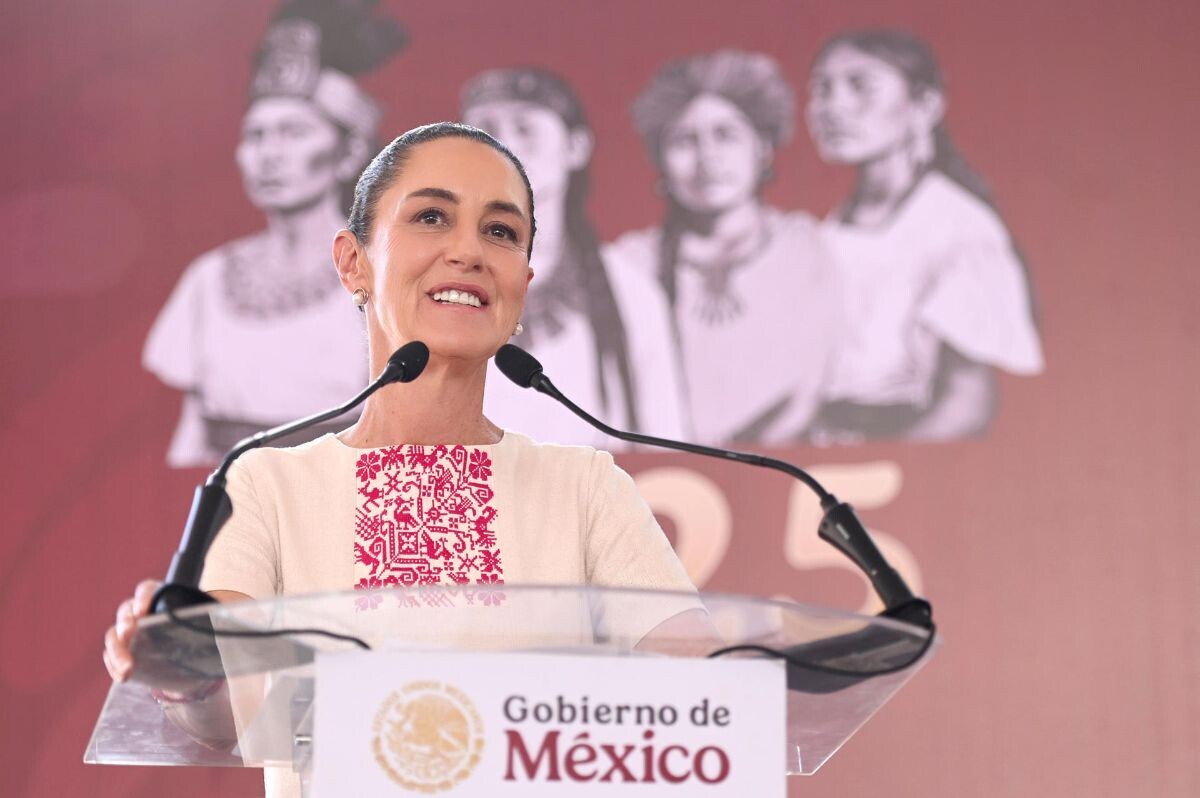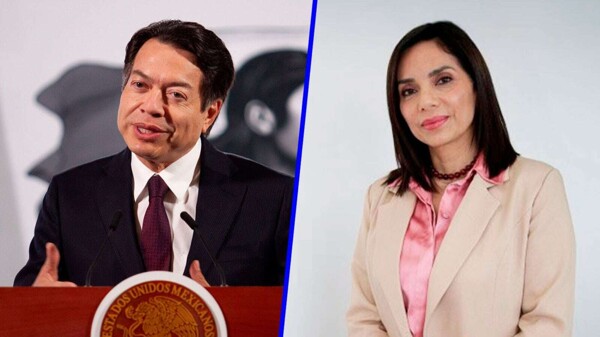
A little less than two days before Donald Trump imposes tariffs on Mexico, President Claudia Sheinbaum reiterated on Sunday her rejection of any form of foreign subordination, emphasizing that the only way to combat drug trafficking is through cooperation between both nations. During a public event in Colima, western Mexico, Sheinbaum pointed out that Mexico should be treated as an equal and not as a country subjected to policies imposed from Washington.
"Cooperation, coordination yes, subordination never," asserted the president, in response to the confirmation from U.S. Secretary of Commerce Howard Lutnick about the implementation of tariffs on March 4. Since returning to the White House, Trump has threatened to impose tariffs of 25% on Mexico and Canada, also reviewing the USMCA agreement next year.
The imposition of tariffs, originally scheduled for early February, was postponed to March 4, due to demands for greater involvement from Mexican authorities in the fight against organized crime and the migration crisis from the U.S. government.
Sheinbaum reaffirmed that her government will not tolerate interventions that undermine national sovereignty and stressed that the relationship with the United States should be based on principles of mutual cooperation, not imposition. "Let the people of Mexico and the world also know that Mexico is a great country of brave men and women, that we are a free, independent, and sovereign country and that Mexico is respected anywhere in the world," she stated.
In addition, the president highlighted that her administration is committed to the fight against organized crime and drug trafficking, but always under Mexican terms and without accepting external pressures that compromise the country's autonomy, following the designation of Mexican cartels as terrorist groups by the U.S.
Since the beginning of her term, Sheinbaum has maintained a position of continuity in the security strategy focused on addressing the causes of violence and strengthening institutions, in line with the policies implemented by her predecessor, Andrés Manuel López Obrador.













